Are you drawn to St John’s wort but feeling unsure about potential side-effects? Georgie Carroll explains the possible effects of this traditional herbal medicine, along with its side-benefits, including a better night’s sleep.
As with any medicine, St John’s wort can produce unwanted effects in some people who take it. Traditional herbal medicines are powerful. They must, like everything, be taken with respect for their potency, at the right doses, and with an understanding of how the medicine interacts with our bodies’ equilibrium.
The essence of everything that exists is made up of opposing, mutually-dependent qualities. Too much of anything, no matter how positive, curative, appealing or valuable, has the potential for the exact opposite.
In this article, we focus on the side-effects and side-benefits of St John’s wort. By looking at the most common side-effect and most consistent side-benefit, we explore the importance of balance, and show how understanding St John’s wort’s whole nature, helps us to truly know it, and approach it with greater awareness.
What is St John’s wort?
One of the most important plants in traditional herbal medicine, St John’s wort is used to relieve symptoms of slightly low mood and mild anxiety. The herbaceous perennial gets its name from the fact that it often blooms on St John’s Day, or Midsummer’s Day. The word wort derives from the Old English wyrt, meaning plant, root or herb.
What are the side-effects of St John’s wort?
All medicines, including traditional herbal medicines, affect different people in different ways.
Although relatively infrequent, some people experience side-effects that include an upset stomach, dry mouth, headache, fatigue and dizziness, a skin rash, itching, nerve pain, tingling, anxiety and mania.
Across the majority of testimonials from those taking HRI’s Good Mood, side-effects are minor. Many people don’t experience any side-effects at all when taking St John’s wort, but, as with all medications, reactions vary from person to person.
One of the most common side-effects, however, is a greater sensitivity to sunlight, otherwise known as ‘photosensitivity’.
St John’s wort, serotonin, and sunlight sensitivity
Sunlight and darkness trigger the release of hormones in our brains. Serotonin is ‘the happy hormone’. Exposure to sunlight is thought to increase the brain’s release of serotonin, which gives us more energy and helps keep us calm, positive, and focused. Doctors will often treat seasonal affective disorder (SAD) and other types of depression linked to low levels of serotonin with natural or artificial light.
St John’s wort — whose flowers resemble little shining suns — is used to treat SAD, too, by mimicking the positive, mood-enhancing effects of the sun by reducing the uptake of serotonin at neuronal synapses, therefore holding more serotonin in the system.
It is because of St John’s wort’s sunlight-mimicking qualities that it is important to protect yourself from the sun while taking it. Hypericin is an active ingredient in St John’s wort and is highly photoreactive by nature. For some people, skin can become more photosensitive, and they find they are less tolerant of bright light.
What can I do about potential photosensitivity?
Avoid exposing yourself to bright sunlight while taking St John’s wort without protection. Looking at bright sunlight without sunglasses is never advisable, for anyone, but be especially aware of this if taking this St John’s wort. Ideally wear a hat if you spend a lot of time outside walking in the sun, swimming, skiing or doing any other activity, protect the eyes and skin with UV-protective sunglasses and a high SPF of 50+.
It is generally advisable to avoid lying in the sun while taking St John’s wort, and to avoid tanning beds completely.
Serotonin and the risks of mixing medications
Too much of a good thing is true of serotonin, too. It can be hazardous to mix St John’s wort with certain prescription anti-depressant medications because it risks creating a dangerous increase in the body’s serotonin levels.
While too little serotonin leads to depression, anxiety, poor sleep, digestive problems and cognitive decline, considerably too much serotonin can cause serious symptoms.
St John’s wort should not be taken alongside any contraceptive hormone replacement drugs, any medicine for thinning the blood, any medication for epilepsy, HIV, or any immunosuppressants. Some medicines for cancer, medicines for regulating mood and thyroid function, heart disease, cholesterol, migraines, and blood pressure are also impacted.
St John’s wort may also interfere with anaesthetics/pre-operative medicines, which is why you should stop taking it at least 10 days prior to undergoing any surgery.
Serious side-effects can be caused by certain contraindications, so it is essential to read the patient information leaflet for the full list of medications that can be affected by taking St John’s wort. Before taking any St John’s Wort product, consult your doctor, pharmacist or qualified healthcare practitioner.
What are the side-benefits of St John’s wort?
St John’s wort is predominantly used to treat slightly low mood and mild anxiety but it has several other positive effects, too.
St John’s wort can help with stress levels. Studies have also shown how the herb can alleviate symptoms of menopause* and protect against bacteria and some viruses, however, this — along with other exciting potential uses — are still under research.
The most consistently reported side-benefit of the herb is its major positive effect on sleep.
St John’s wort, melatonin, and good sleep
Many of us already know that sun exposure in the morning can help us sleep better at night, as it helps reset the body clock. The light we’re exposed to during the day helps the body work out when it’s time to go to bed (and when it’s time to wake up).
Just as the sun helps produce serotonin, in response to darkness at night, the pineal gland initiates production of another hormone, melatonin, the ‘sleep hormone’. Melatonin, too, plays a central role in regulating our circadian rhythm or natural sleep–wake cycles.
St John’s wort first of all aids in sleep by restoring balance in mood and emotion during the day, which can help us drift off more easily and sleep more deeply at night. Sleep problems create a vicious circle in both depression and anxiety, worsening symptoms, like worry and dread, that, in turn, make it harder to fall and stay asleep.
In addition to this, St John’s wort plays an active role in the production of melatonin by regulating the uptake of serotonin in the brain during the day.
Note that St John’s wort should not be taken right before bed. Just like getting a dose of sunlight in the morning helps you sleep at night, St John’s wort taken earlier in the day will set you up better for a good night’s rest.
HRI Good Mood
HRI Good Mood can help you to start feeling like yourself again. A traditional herbal medicinal product used to relieve the symptoms of slightly low mood and mild anxiety, HRI Good Mood is based on traditional use only. It is licensed under the THR (Traditional Herbal Registration) scheme with the MHRA for quality and safety standards. Two tablets provide the strongest daily dose available on the UK market, with the flexibility to take one a day for a gentler dose.
Summing up
St John’s wort is an effective, natural way to balance mood and stress levels, improve overall well-being, and promote healthier, more regular sleep patterns over time. See your GP if you experience any unpleasant side-effects from taking St John’s wort and/or if you are struggling to manage a low mood. Always consult a medical professional or pharmacist before taking any St John’s wort produ
*Ansari & Eatemadnia, 2019
*Please read the Patient Information Leaflet before taking this product.


